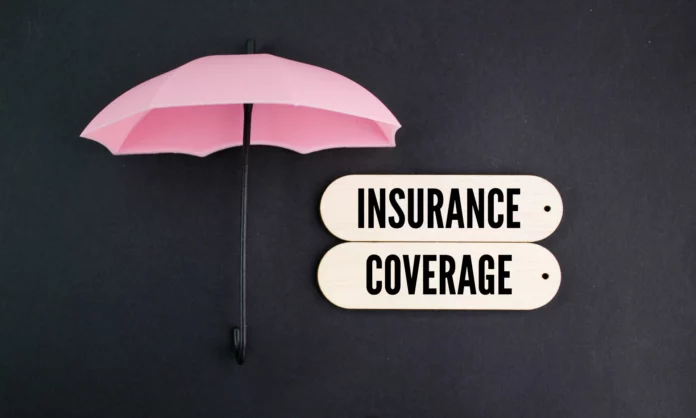Obtaining an auto insurance quote is a crucial step in securing the right coverage and ensuring the financial protection of your vehicle. To receive accurate quotes, it is important to provide the necessary information to insurance providers. In this comprehensive guide, we will walk you through the process of getting an auto insurance quote, highlighting the key details you need to provide. By understanding what information is required, you can streamline the quote process and obtain quotes that accurately reflect your insurance needs.
Driver Information
When getting an auto insurance quote, you will need to provide personal information about yourself and any additional drivers who will be included on the policy. This typically includes details such as:
– Full names of all drivers
– Dates of birth
– Driver’s license numbers
– Driving history, including accidents, tickets, and claims
Insurance providers use this information to assess the risk associated with insuring you and the other drivers on the policy. Factors such as age, driving experience and previous driving incidents can impact the cost of your insurance premiums.
Vehicle Details
To obtain an accurate auto insurance quote, you will need to provide specific details about the vehicle(s) you wish to insure. This includes:
- Year, make, and model of the vehicle
- Vehicle identification number (VIN)
- Vehicle usage (personal, business, commuting, etc.)
- Purchase date of vehicle
The make and model of the vehicle, plays a significant role in determining insurance premiums, as factors such as the vehicle’s safety features, value and repair costs are considered. Insurance providers also take into account the vehicle’s usage, as commercial use may impact the risk associated with insuring the vehicle.
Coverage Preferences
When seeking an auto insurance quote, it’s essential to understand the coverage options available to you and determine your preferences. Some common coverage types include:
- Liability coverage: Protects against bodily injury and property damage to others in an accident where you are at fault.
- Collision coverage: Covers damages to your vehicle resulting from a collision, regardless of fault.
- Comprehensive coverage: Provides protection against non-collision incidents such as theft, vandalism, or weather-related damages.
Consider the coverage limits and deductibles you prefer for each type of coverage. Higher coverage limits and lower deductibles generally result in higher premiums. Assess your needs and budget to select the coverage options that align with your circumstances.
Additional Information
In addition to the primary driver information, vehicle details and coverage preferences, there may be additional information required for an accurate auto insurance quote. This can include:
- Address and location of the vehicle
- Prior insurance history, including current coverage and any gaps in coverage
- Additional drivers or household members
- Anti-theft devices or safety features installed in the vehicle
These details help insurance providers assess the specific risks associated with insuring your vehicle and tailor the quote accordingly.
Conclusion
When obtaining an auto insurance quote, providing accurate and complete information is crucial for receiving quotes that align with your insurance needs. Be prepared to provide driver information, vehicle details, coverage preferences and any additional relevant information. By understanding the information required and being thorough in your responses, you can ensure a smooth quote process and obtain accurate quotes for your auto insurance coverage. Consult with insurance professionals to review the quotes and select the policy that best suits your needs and budget.





